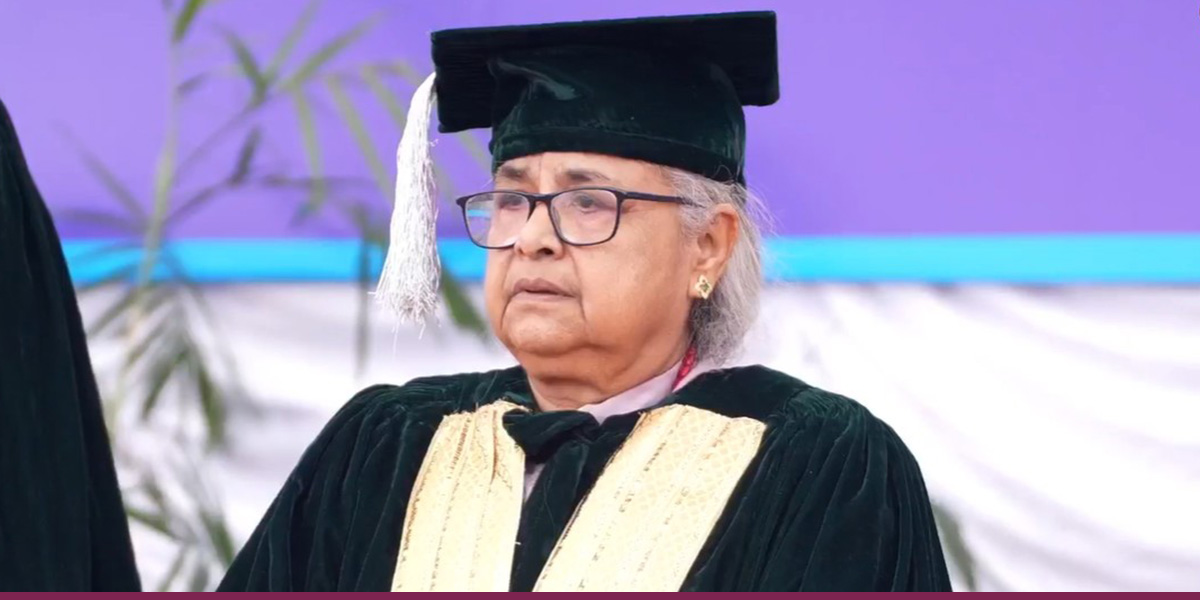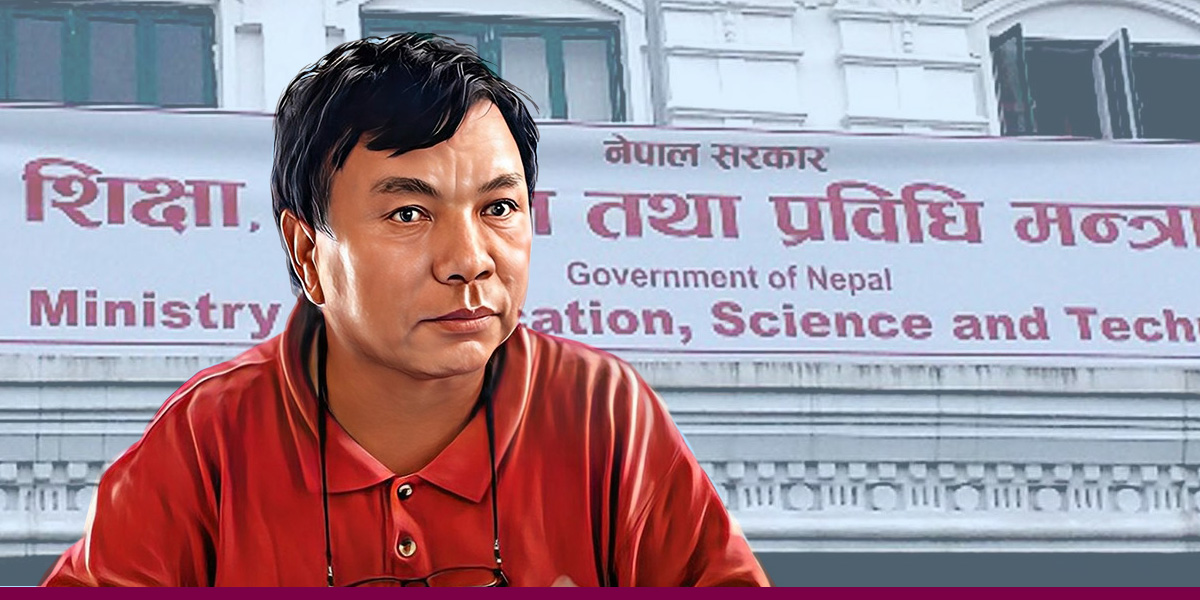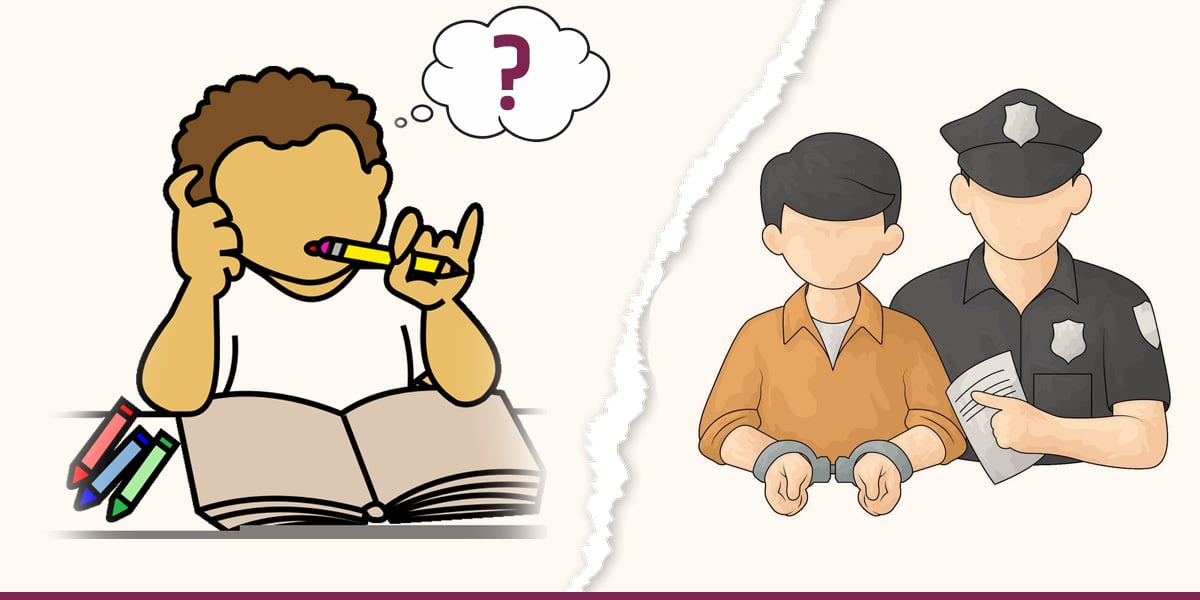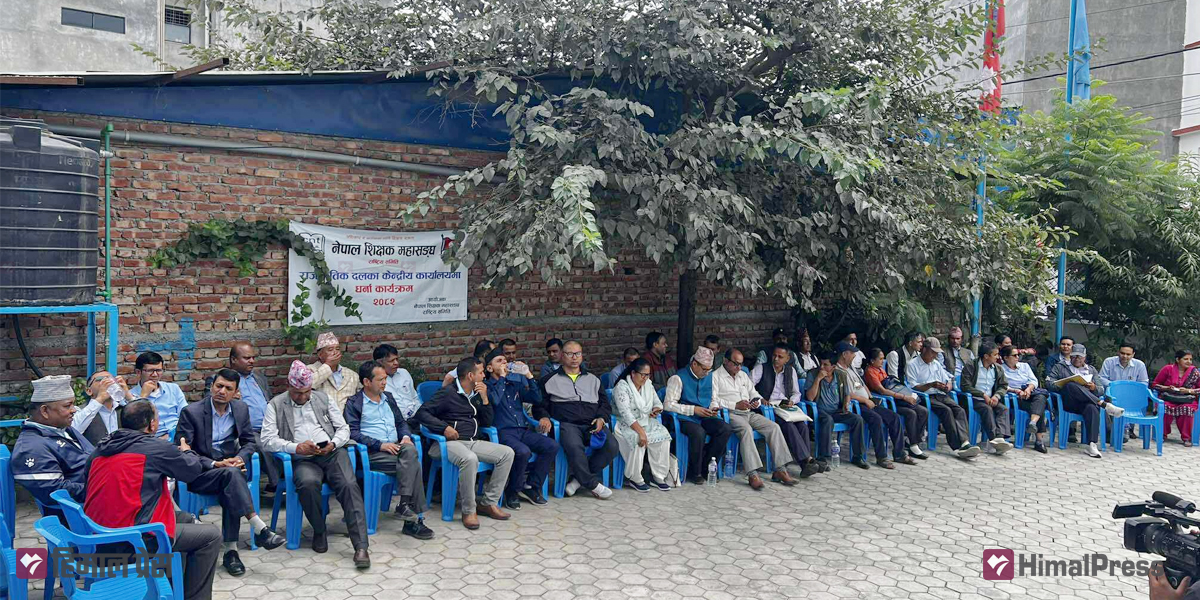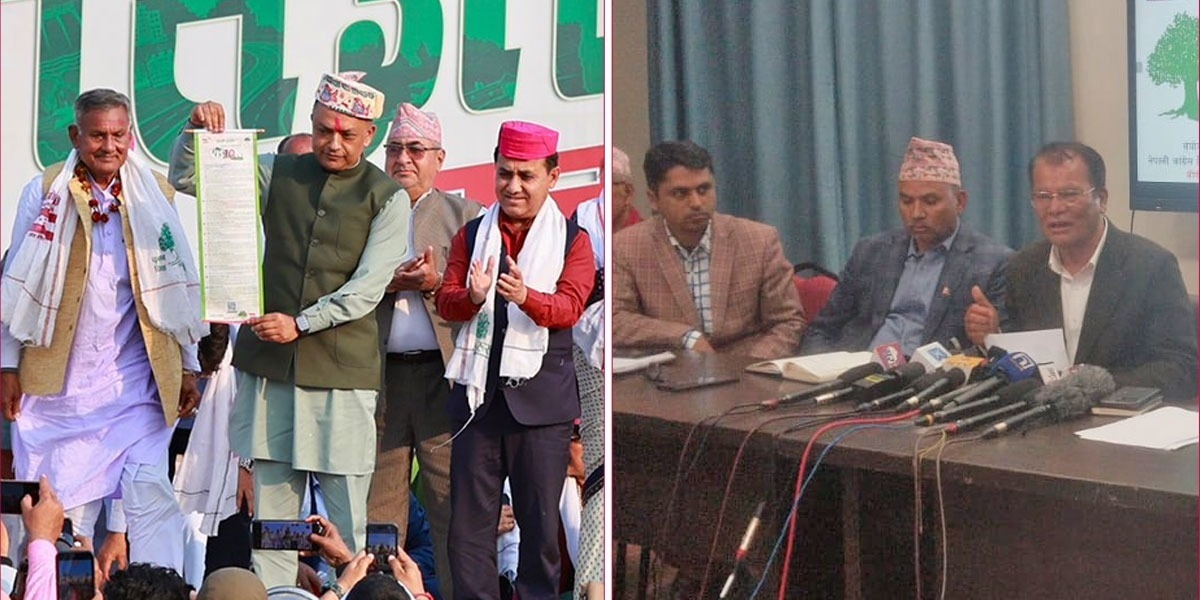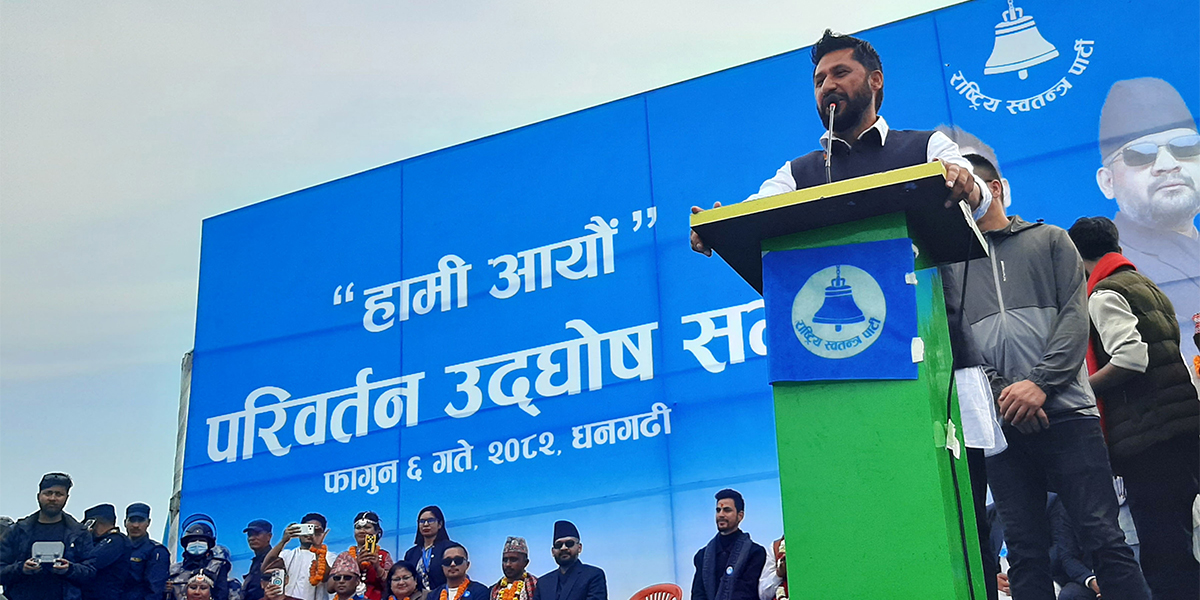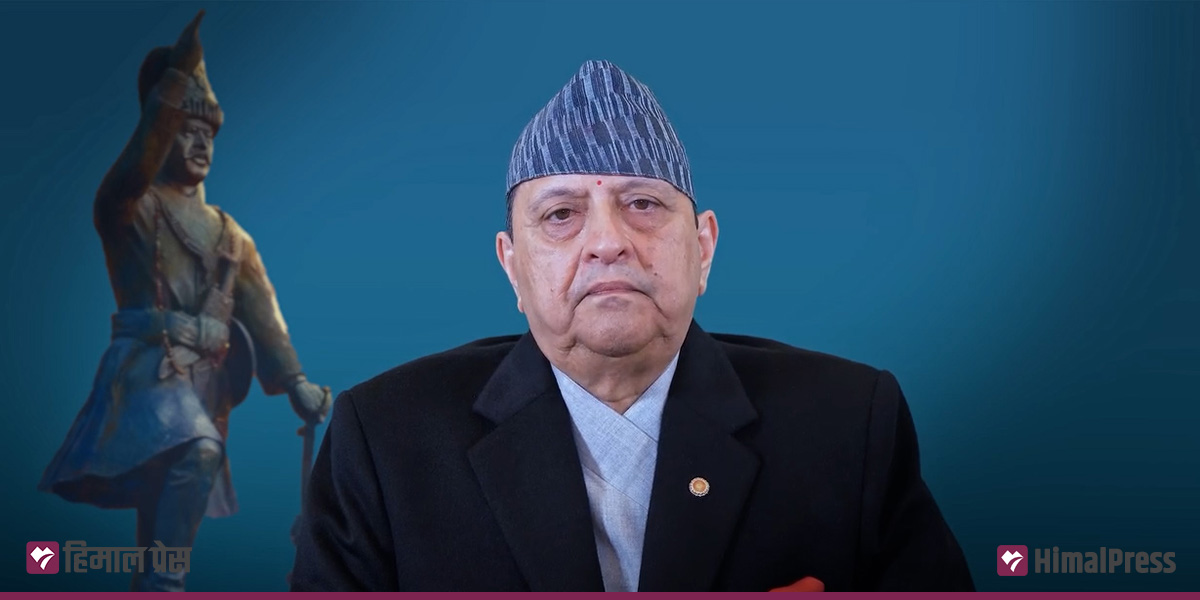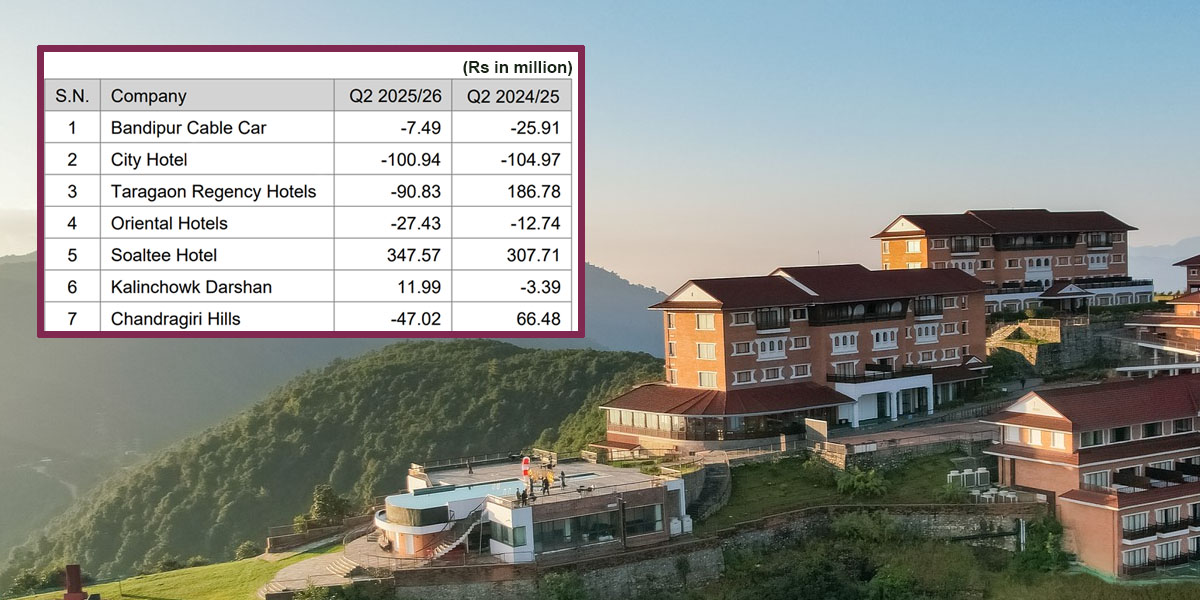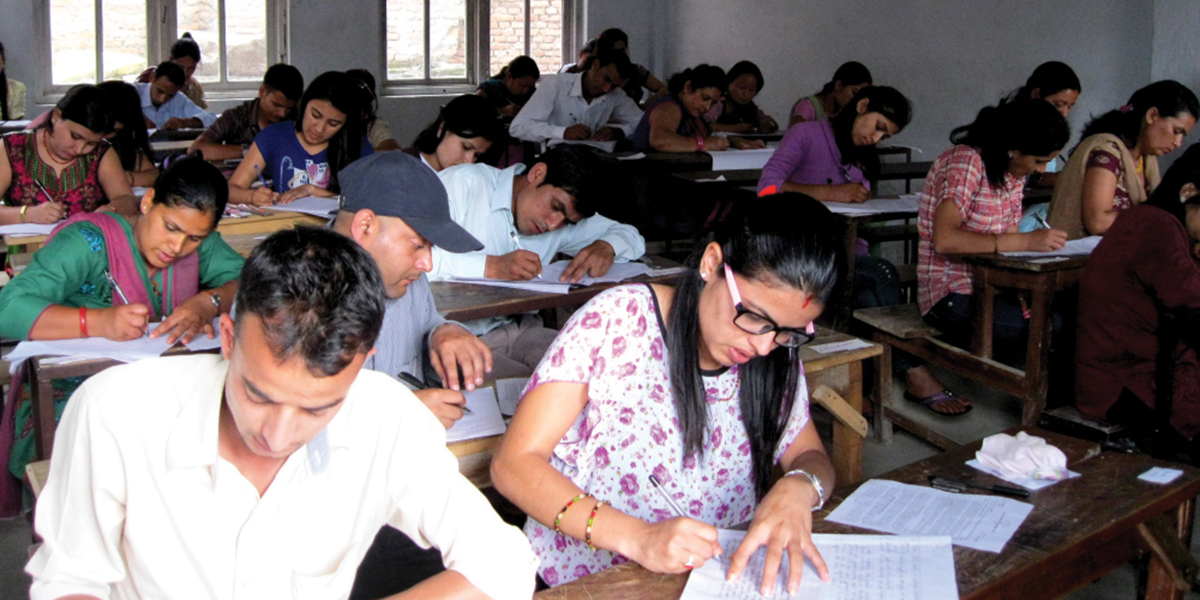 Participants of teaching license examination. Photo Courtesy: Shikshak monthly
Participants of teaching license examination. Photo Courtesy: Shikshak monthly
KATHMANDU: The continuous decline in the results of the teaching license examination conducted by the Teachers Service Commission has raised concerns among stakeholders. The diminishing attractiveness of qualified and skilled individuals in the teaching profession is evident from the weakening results.
Only 8.61% of the candidates passed the examination of the lower secondary level teacher’s license examination held on November 4. This means only this small group of examinees will be eligible to participate in the examination to fill the vacant seats of lower secondary level teachers.
According to the commission, 24,039 candidates took the exam in Koshi, with 2,130 candidates passing. In Madhesh province, out of 22,855 examinees, only 1,614 passed. In Bagmati province, 17,651 candidates participated, and only 2,002 passed the exam. From Gandaki province, 11,897 candidates took the exam, and 1,152 candidates passed. Similarly, in Lumbini, 29,230 candidates appeared for the exam, with 2,863 candidates passing. In Karnali province, 24,154 candidates participated, and 1,574 candidates passed. From Sudurpaschim Province, out of 21,186 candidates, 1,672 passed the exam.
This decline in results is not a recent phenomenon though. The results of the license examination for all three levels (secondary, lower secondary, and primary) held three years ago were also weak.
Educationists and stakeholders believe that the government’s shortsighted policies, coupled with other factors, are contributing to the poor results of teaching license examination.
The performance of candidates participating in the final examination to fill vacant seats of school teachers is also pathetic. In 2020, only 17.6% of examinees passed the Nepali subject examination of the secondary level, and a mere 4.2% passed the lower secondary level. Only around 10% of the examinees passed the examination of subjects like social studies, science, and mathematics. Additionally, only 5.83% of examinees that participated in the examination of primary level passed the examination.
Educationists and stakeholders believe that the government’s shortsighted policies, coupled with other factors, are contributing to the poor results. Educationist Prof Dr Bidya Nath Koirala expressed serious concerns about the education system, emphasizing that the results send a clear message – the quality of education has declined. “The way our universities declare students ‘passed,’ the introduction of the letter grading system, and students threatening teachers with consequences if they fail, all reflect the deteriorating quality of our education,” he added.
He also said students should take responsibility for their failure. “Students should possess knowledge of the subject, teaching skills, and the ability to answer questions to pass the examination. There is no point in solely blaming the Teachers Service Commission,” he added.
Another educationist, Balchandra Luitel, placed responsibility on students for their failure to update their knowledge and engage in in-depth study of subjects. “Our curriculum is not adequately updated, and students are not putting in the necessary effort for in-depth study,” he said, emphasizing the need for improvements in the higher education system. “If students can pass examinations without exerting themselves, the inevitable outcome is the unsatisfactory results we are witnessing.”
Education activist Ramesh Babu attributed the poor results of the teaching license examination to the one-sided education system and the attitude of students. “Students should harbor the fear of potential failure if they do not exert sufficient effort. The pervasive trend of effortlessly passing the examination negatively impacts the overall results,” he said. Furthermore, he added that the commission should take into account the targeted groups while preparing question papers.
Sudarshan Marahatta, under secretary of the Teachers Service Commission, concurs that the main reason for the declining results is the lack of preparation according to the syllabus. “They didn’t study hard; they sat in the examination without adequate preparation, and this has impacted the results,” he added.


